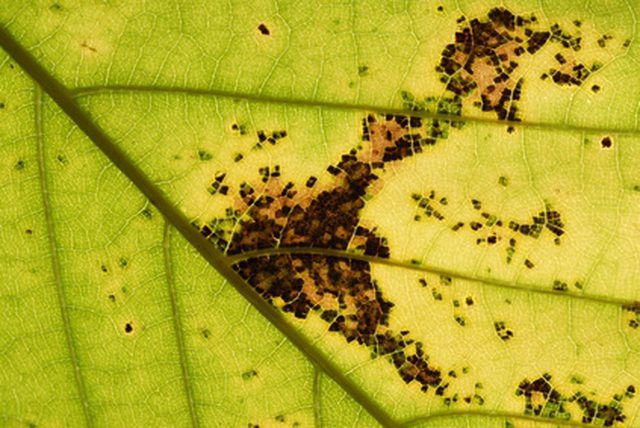Bulbs
Flower Basics
Flower Beds & Specialty Gardens
Flower Garden
Garden Furniture
Garden Gnomes
Garden Seeds
Garden Sheds
Garden Statues
Garden Tools & Supplies
Gardening Basics
Green & Organic
Groundcovers & Vines
Growing Annuals
Growing Basil
Growing Beans
Growing Berries
Growing Blueberries
Growing Cactus
Growing Corn
Growing Cotton
Growing Edibles
Growing Flowers
Growing Garlic
Growing Grapes
Growing Grass
Growing Herbs
Growing Jasmine
Growing Mint
Growing Mushrooms
Orchids
Growing Peanuts
Growing Perennials
Growing Plants
Growing Rosemary
Growing Roses
Growing Strawberries
Growing Sunflowers
Growing Thyme
Growing Tomatoes
Growing Tulips
Growing Vegetables
Herb Basics
Herb Garden
Indoor Growing
Landscaping Basics
Landscaping Patios
Landscaping Plants
Landscaping Shrubs
Landscaping Trees
Landscaping Walks & Pathways
Lawn Basics
Lawn Maintenance
Lawn Mowers
Lawn Ornaments
Lawn Planting
Lawn Tools
Outdoor Growing
Overall Landscape Planning
Pests, Weeds & Problems
Plant Basics
Rock Garden
Rose Garden
Shrubs
Soil
Specialty Gardens
Trees
Vegetable Garden
Yard Maintenance
How to Treat Fruit Tree Diseases
How to Treat Fruit Tree Diseases. A variety of diseases may plague fruit trees, including fungi, bacterial problems, and viral diseases. In some cases, a disease damages plant leaves, but fruit tree diseases kill the trees in extreme cases. Treatment for fruit tree diseases varies depending on the disease and tree, but many of them are at least...

A variety of diseases may plague fruit trees, including fungi, bacterial problems, and viral diseases. In some cases, a disease damages plant leaves, but fruit tree diseases kill the trees in extreme cases. Treatment for fruit tree diseases varies depending on the disease and tree, but many of them are at least somewhat treatable with a few supplies and simple steps.
Things You'll Need
Fungicide spray, baking soda or horticultural oil for fungal problems
Copper-based fungicide spray for bacterial problems
Horticultural oil for viral problems
How to Treat Fruit Tree Diseases
Inspect the tree for disease symptoms. Figure out what type of disease the fruit tree has, because different diseases require different treatments. A West Virginia University index of fruit tree diseases explains that large black blotches on fruit, small black or brown speckles on fruit, powdery mildew on tree leaves, and black or brown spots on tree leaves are all symptoms of a fungus problem. According to Oklahoma State University, curled leaves also indicate a fungus problem. Wart-like growths on roots or the trunk base indicate a bacterial problem, as do green and white spots that turn purple and black in time. Abnormally thick bark with a spongy texture, indented subsurface wood and curling leaves indicate a viral problem.
Cut off leaves and fruit that are severely damaged from fungi. Fungus spores spread easily, so removing infected parts of the tree helps control an infection. Oklahoma State University advises that gardeners remove any infected trimmings from the ground and dispose of them, or else the fungus spores can spread from the dead trimmings back onto the live tree.
Treat fungi with a commercial fungicide spray, a baking soda solution, or horticultural oil. Thoroughly cover all infected areas of the tree with the fungicide. Alternatively, the National Gardening Association suggests treating powdery mildew with a solution of baking soda and water. The National Gardening Association also recommends horticultural oil to treat fungi, although it may be difficult to rub the oil on all of the leaves of a large fruit tree. Therefore, horticultural oil is best for very small fungal outbreaks or fungus on small trees.
Treat bacterial infections with either a copper fungicide or by removing all infected trees. Bacterial spot, which is the fungus that causes white and green spots on fruit that eventually turn purple and black is the easier type of fruit tree bacteria to treat. According to Oklahoma State University, a copper-based fungicide will usually kill this type of infection. Crown gall, which is the type of bacterial infection that causes wart-like growths on fruit trees is difficult to kill. Gardeners usually remove infected plants and do not plant again in the same area.
Prevent and treat viruses by applying a layer of horticultural oil to tree leaves. According to the National Gardening Association, horticultural oil kills aphids and other bugs that contain infectious viruses. Horticultural oil will not necessarily kill tree viruses, but it will stop them from spreading. To entirely get rid of tree viruses, remove infected trees, replace them with trees from a nursery that is certified as virus-free and regularly treat them with horticultural oil.
Tips & Warnings
Rain will cause fungicides and horticultural oils to wash away. Reapply them after heavy rains to keep them working.